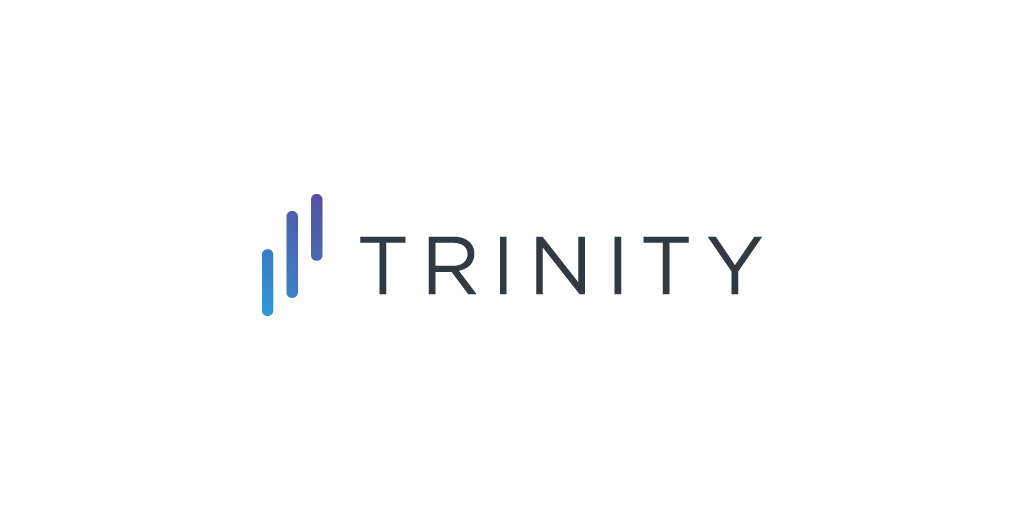New Technical White Paper Highlights Five Essential Questions for Life Sciences Companies as Generative AI Grows and Evolves
WALTHAM, Mass.--(BUSINESS WIRE)--Trinity Life Sciences, the leader in advisory, insights and analytics for the life sciences industries, discusses the journey to achieving successful transformation with generative AI (GenAI) in a new white paper, entitled Technology with a Point of View: Encoding Life Sciences Expertise with AI.




GenAI is a technological disruption with significant potential to revolutionize biopharmaceutical commercialization across functions and use cases by:
- Changing how life sciences companies find, organize and use the reams of information they handle every day
- Measurably improving the speed of developing insights and reducing duplicative work
- Handling complex data and generating sophisticated outputs
GenAI can be highly effective—and it can also create frustration and disappointment when deployed ineffectively. Public failures of hastily built and deployed GenAI illustrate the pitfalls of using models that are inadequately trained, trained on low-quality data sets or developed without sufficient subject matter expertise.
Technology with a Point of View: Encoding Life Sciences Expertise with AI lays out five key questions life sciences leaders should consider as they look at GenAI adoption expansion from a practical perspective:
- When is best to launch a new GenAI solution?
- Should the solution be created from scratch or through partnership with a vendor?
- What should we be trying to optimize with GenAI?
- Where do we find ROI?
- How do we build a data foundation for GenAI?
“GenAI has groundbreaking potential in terms of business value, as it amplifies the capacity of non-technical personas within life sciences organizations to deliver exponential impact,” said Rajeev Rangachari, Chief Technology Officer at Trinity Life Sciences. “Use cases that weren't viable in the past due to cost or capability limitations have begun gaining traction for specific functions within life sciences, such as Medical Affairs, Value and Access, or Field Sales.”
“To unlock the transformative opportunity of GenAI, two elements need to connect: leadership that imagines possibilities across business and technical worlds, and applications that bring the potential of AI to business needs,” added Jonathan Jenkins, Head of Digital & AI Solutions at Trinity Life Sciences.
Life sciences executives are welcome to download the white paper here.
About Trinity Life Sciences
With almost 30 years of expertise, a best-in-the-business team and unrivaled access to data and analytics, Trinity Life Sciences is a modern partner to companies in the life sciences industry. Trinity combines strategy, insights and analytics to help life science executives with clinical and commercial decision-making. Ultimately, we know that every decision our clients make impacts a life, and when we help our clients achieve their goals, the world benefits. To learn more about how Trinity is elevating the industry and driving evidence to action, visit TrinityLifeSciences.com.
Contacts
Media Contact:
Michele Wlodarczyk
Trinity Life Sciences
mwlodarczyk@trinitylifesciences.com




